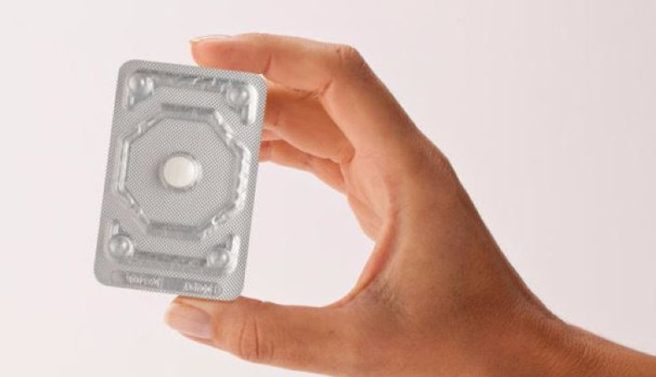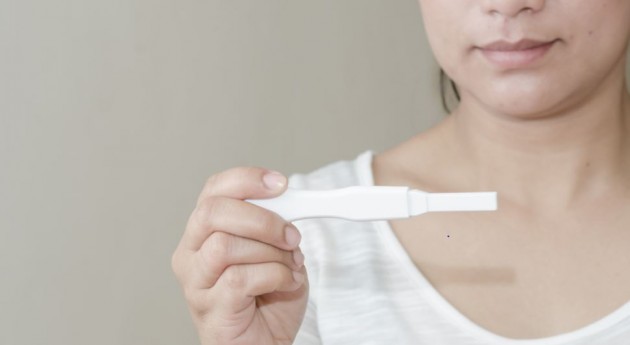
So, an active sex life actually makes you smarter, according to science
So, sex is good for a lot of of things – intimacy between partners, conceiving a child, passing the time, y'know yourself.
Sure, this is all well and good, but what if we told you that an active sex life could actually make you smarter?
A new study, published in The Journals of Gerontology, Series B: Psychological and Social Sciences, concluded that, specifically in older people, regular sex is linked to improved brain function.

Lead researcher, Dr Hayley Wright, said, “Sexual relationships in later life are… not just important for sex per se, [they are] impacting on other factors, in this case cognitive function.”
Researchers form the Universities of Oxford and Coventry asked 73 participants, men and woman aged between 50 and 83, about their sexual activity.
37 said they had sex weekly, 26 monthly and 10 never.
The participant's brain function was then assessed and results showed that those who enjoyed more active sex lives, scored on average two per cent higher in some tasks than those who said they had sex monthly and four per cent higher than those who never had sex.

The study concluded that having regular sex had the greatest impact on visual tests and verbal fluency skills, however there was no real difference when it came to performance in memory, language and attentiveness tests.
The authors aren't sure why the link between sexual activity and improved brain functionality exists, but they suspect that it might have something to do with the secretion of neurohormones such as dopamine or oxytocin that transmit signals in the brain.
Either way, improved brain power is as good an excuse as any.
























